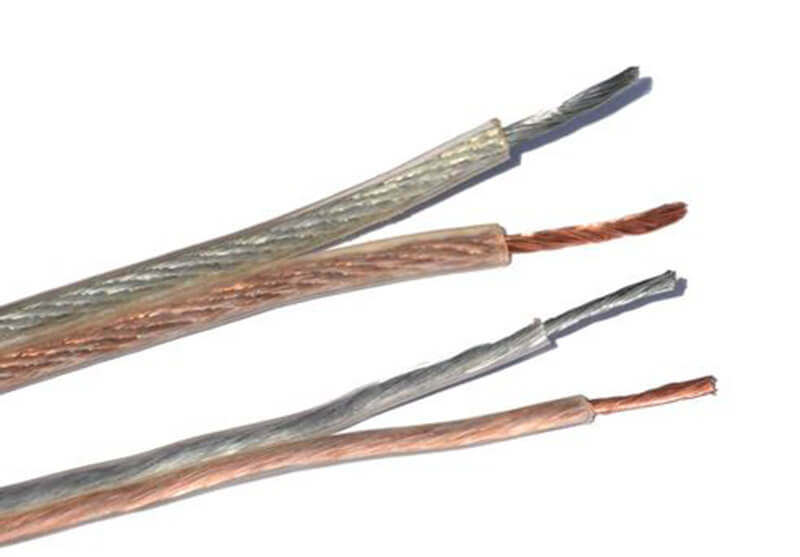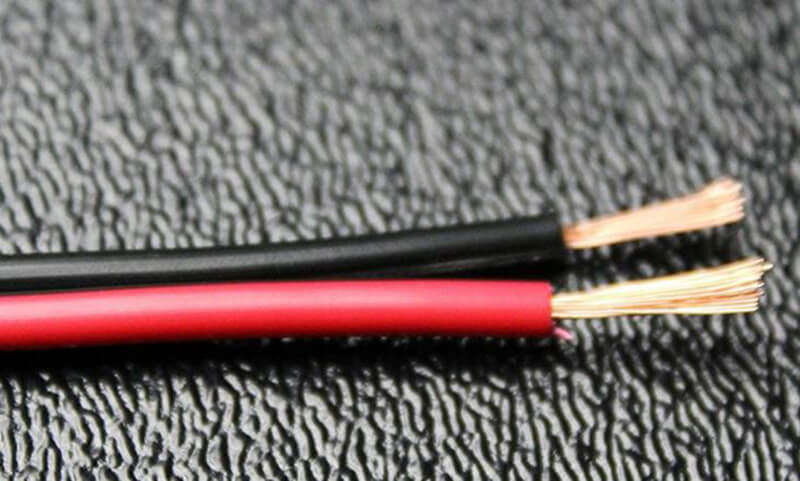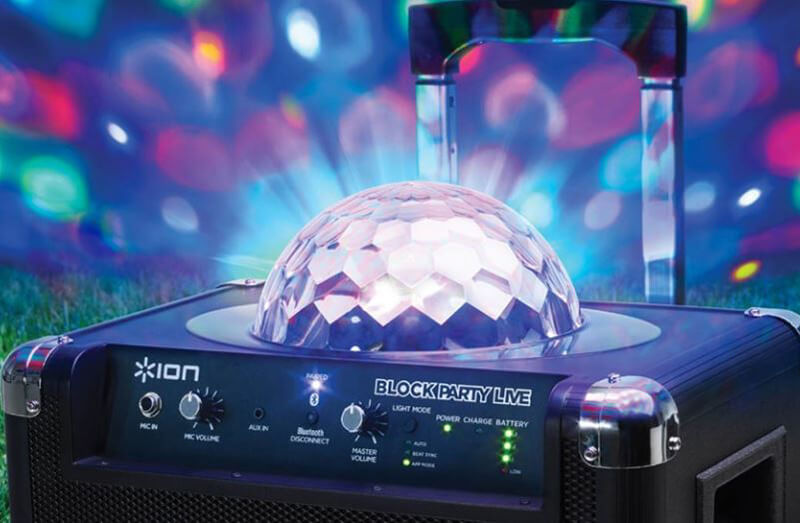Are you looking for ” What gauge speaker wire”? LessConf will bring back the best answer for you here!
It has been a while since I wrote an article on wires. Recently we have been getting hit with all the frequent queries “what speaker cable gauge should I use” or”what matters in high-performance speaker wires”? Is there a gap between 18AWG cable and 12AWG? The answer is Yes. The higher the gauge.
In cases like this, it’s generally better to stick to the recommendation of this Borg” resistance is futile”. Audiophiles should wish to reduce speaker wire immunity. Keep reading to find out why.
American wire gauge (AWG) is a method of numerical designations of cable diameters in which the thicker and less resistive the cable is, the lower the gauge number.
More frequently than not, we have seen Audiophiles select a higher estimate esoteric cable over a lower judge standard zip cable only because they were sold some advertising crap out of the exotic cable seller their cable will yield greater better and dynamics Mojo out of the system compared to standard conventional cable.
Do not believe me? Have a look at a few of these”midpriced” speaker wires in the likes of Audioquest and Nordost since an example and you’ll notice they’re everywhere from 16-18AWG. This is a lot higher resistance than 12AWG zip cable wires you can purchase at a hardware shop. To see this, note that the resistance versus gauge table beneath.
How Speaker Wires Work
Yes, we are aware that you understand speaker cables carry audio from a source (such as the best cheap 5.1 receivers or TV) to speakers. However, to know wire gauges, it is important to consider how they function.
It’s in the kind of power As soon as a sound signal is sent via speaker cables. This low-voltage electrical sign takes exactly the exact same waveform because of the waves. It’s recreated as noise (through using an electromagnet) when it reaches the speakers.
The capability of the cables becomes crucial since power is traveling via the speaker cables.
There are just two things to consider here: the period of the cable, and how hard it is for your electrical sign to get from 1 end to another, measured by the cable’s”resistance” (To be fair, because sound signals are AC present it is really”impedance” instead of immunity, but because many men and women use both terms interchangeably we will do exactly the same.) Immunity and length look at resistance.
Think of wires and electricity as working in precisely the exact same manner as water and water hoses. If you’re attempting to water your crops using a hose that is as thick as a drinking straw, you will wind up spending a great deal of time since the water tends to flow gradually.
This hose’s width presents the water attempting to make it with a large quantity of resistance. On the flip side, an extremely broad hose will introduce the water flowing out of the faucet with resistance, and the water will flow.
OK, let’s return to speaker cables because the exact same principle applies. It is a lot simpler for signals carrying audio to travel via speaker cables if they are wide and difficult if they are narrow.
To put it differently, thin wires produce immunity to conquer. In the event of electric signs, the problem isn’t that there’ll be a”slow flow” of sound for your speakers, such as there was with all the narrow garden hose. Rather, the wires and also the quality of the noise you hear will be diminished will absorb a lot of the energy in the higher frequencies.
If thicker is skinnier, the conclusion is that you need to utilize the thickest speaker cable — but that is not correct. There are several other considerations, which we will get to soon.
We promised it’s associated with immunity and to explore the amount of speaker cable. To do that, we will return to the water hose and our water.
You know that the briefer your garden hose is, the more powerful the water flow will likely be. It is essentially the same with wires and power. The longer the cable, the more resistance there is to the end-to-end stream of electricity.
You ought to be able to figure the rest. When you are using a run of speaker cable — that will have immunity — you want to compensate for wire, so as to reduce the immunity.
With us so far? Great. Let us proceed.
[amazon bestseller=”Speaker” items=”10″ template=”list”]
What Gauge Speaker Wire To Buy?
This Video will provide some speaker wire you should buy.
Does The Gauge Size Really Matter?
Yes, the judge size does matter in cases:
You wish to coordinate with wires and your speakers for the best in shipping and an audiophile. If that’s the scenario, you may want to dig deeper than this particular discussion; there are loads of formulas between the impedance of speakers and your source, along with also the space between them, which may tell you what gauge to pick.
You are running long or long speaker wires, probably through walls or wires. You’ll need 14AWG or 12AWG cables, based on the period of this run.
You’ve got low-impedance speakers, in which case you need speaker cables that are thicker.
However, for ordinary 8-ohm speakers, set to get a listener — no, it does not matter what gauge dimensions you use. The best option for all speaker installments is 16AWG if they use 18AWG 25, and a difference won’t be noticed by folks.
The 1 thing that does matter is that you simply dismiss the brassy sales pitches from businesses selling”Super-Duper” speaker wires for Super-Duper rates. There is nothing Super-Duper regarding their quality; they will sound the same since the high-quality 12, 14, 16, or even 18-gauge speaker cables that we’ve for non — and sensible — costs.







